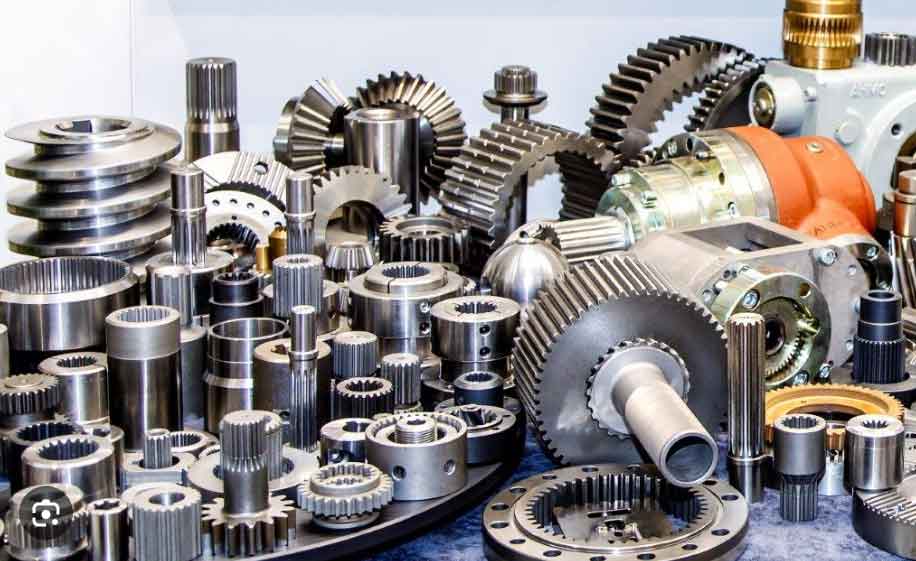Forged gear blanks are vital components that ensure reliability in demanding operating conditions. In critical applications where gears are subjected to high loads, extreme temperatures, corrosive environments, or other challenging conditions, the use of forged gear blanks offers several key benefits.

Superior Strength and Fatigue Resistance: Forging involves the application of compressive forces to shape the metal, resulting in a refined grain structure. This grain refinement enhances the strength and fatigue resistance of the material, making forged gear blanks capable of withstanding heavy loads and prolonged operation without failure. The controlled deformation during forging aligns the grain flow in the desired direction, further enhancing the component’s mechanical properties and resistance to fatigue and stress-related failures.
Enhanced Durability and Wear Resistance: Critical gear applications often involve harsh operating environments where gears are exposed to abrasive particles, chemicals, or extreme temperatures. Forged gear blanks exhibit excellent durability and wear resistance due to their optimized metallurgical properties. The forging process aligns the material’s grain structure, minimizing the presence of defects and improving the material’s resistance to wear, pitting, and surface damage. This ensures that the gears maintain their integrity and performance over extended periods of operation.
Consistent and Reliable Performance: Forging allows for precise control over the dimensions and tooth profiles of gear blanks. The use of high-quality dies and molds ensures consistent manufacturing, resulting in gear blanks with accurate specifications and minimal dimensional variations. This precision translates into gears that mesh smoothly, operate with minimal backlash, and deliver reliable performance under demanding conditions. The uniform material properties obtained through forging provide predictable behavior, enabling engineers to design systems with confidence.
Resistance to Deformation and Deformation-Induced Failure: In demanding operating conditions, gears may be subjected to high contact pressures, shock loads, or thermal cycling. Forged gear blanks excel in such scenarios due to their resistance to deformation and deformation-induced failure. The refined grain structure and improved material properties obtained through forging enable the gears to maintain their shape and dimensional stability, even under severe loading conditions. This resistance to deformation ensures that the gears continue to function properly, preserving the integrity of the entire system.
Optimized Cost Efficiency: While the initial cost of forging tooling and setup may be higher compared to other manufacturing methods, the long-term cost efficiency of forged gear blanks is significant. Their exceptional durability and resistance to wear reduce the frequency of gear replacements, leading to lower maintenance costs and decreased downtime. The reliability of forged gear blanks also contributes to improved operational efficiency and productivity, resulting in overall cost savings throughout the life cycle of the equipment.
In summary, forged gear blanks are instrumental in ensuring reliability in demanding operating conditions. Their superior strength, enhanced durability, consistent performance, resistance to deformation, and optimized cost efficiency make them the preferred choice for critical gear applications. By selecting forged gear blanks, manufacturers can confidently meet the challenges posed by high loads, extreme temperatures, corrosive environments, and other demanding conditions, ultimately ensuring the reliability and longevity of their gear systems.
